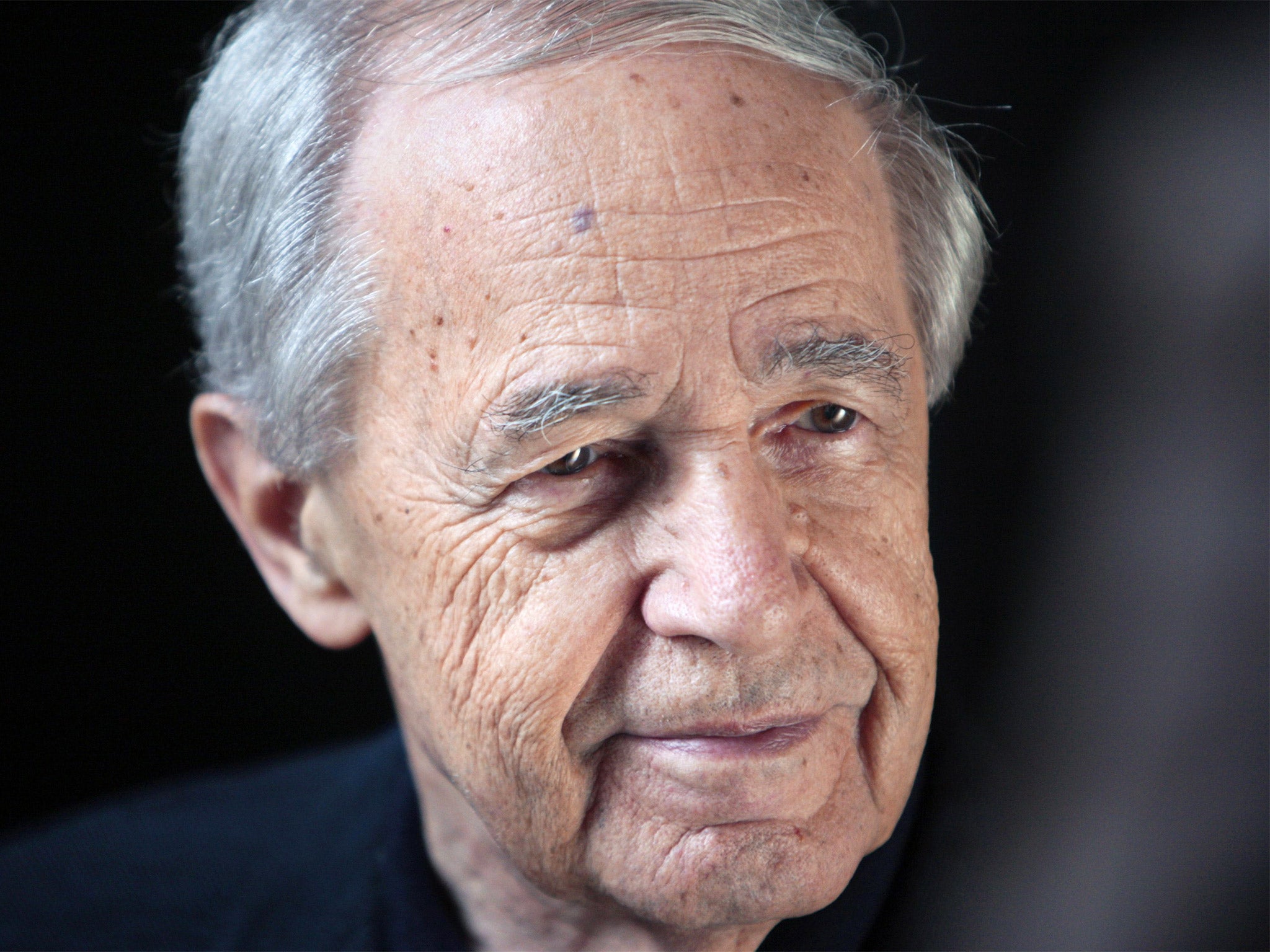Pierre Boulez: An appreciation of a great composer who became a towering figurehead for new music
He was a unique soul whose energy and focus could leave a profound impact upon those who encountered him

Pierre Boulez, who has died at the age of 90, was not only one of the greatest composers of his era. He was also a masterful conductor, a visionary thinker, an influential writer and a towering figurehead for new music. He was a unique soul whose energy and focus could leave a profound impact upon those who encountered him.
I interviewed him for this paper in 2012; though he was physically frail, his mind never stopped whirling ahead, dreaming, creating, determined. He was, without a doubt, a firebrand. He could not see something was wrong without wishing to change it. "Something unpleasant exists: simply that," he remarked in that interview, "and you cannot just stay in front of it without doing anything.”
He had no regrets about his earlier uncompromising attitudes, which had led to accusations that he was "a musical Stalinist" and "a bully". His outspoken views were sparked by anger and frustration; as a young man he was part of a generation of composers who after the Second World War called for a "tabula rasa", a blank slate on which to reinvent their art free from the associations of bygone times. One famed Boulez remark, directed at the stuffy traditions in his native France, appeared to call for the burning down of opera houses.
Despite his quasi-revolutionary nature, his works remained rooted in certain distinctive qualities of French music of the 20th century: his precision and perfectionism, phenomenally imaginative use of instrumental timbres and an elusive variety of remote yet sensual sonic beauty marked him as heir to Debussy and Ravel. And yet he took music to places the art had barely touched before. He simply made music do things one hadn't known it could do.
When he created IRCAM, the electronic music research centre in Paris (funded by the state, it was said, to tempt Boulez home from the more adventurous new music scene of Darmstadt), he used electronics to push the boundaries of sound-art in new direction. He was far from prolific - and a long-mooted opera on Waiting for Godot never materialised - but works such as Pli selon pli (a song cycle for soprano and orchestra setting poems by Mallarmé), the spatially enthralling Anthèmes II for solo violin and live electronics, the demoniacally challenging Piano Sonata No. 2 and the fount of energy of Le marteau sans maître are classics of their time.
As conductor, though sometimes controversial, Boulez commanded the admiration and affection of music-lovers, critics and the musicians who worked with him. His recordings of repertoire from Ravel and Stravinsky to Wagner's operas and the symphonies of Mahler remain testament to his mastery. As chief conductor of the BBC Symphony Orchestra in the early 1970s he initiated concerts at London's Roundhouse that sought to create an informal, communicative and accessible atmosphere for new music - a prophecy, almost, of a trend that took off just as he was reaching his final years. But he never stopped creating - in 1995 he co-founded Paris's Cité de la musique, and in 2004 the Lucerne Festival Academy.
Boulez's laser-beam mind, his ability to analyse, assess and respond as if in one breath, meant that he could express powerful notions in the simplest, strongest way, which one could neither forget nor by-pass. "We do not come to the world," he said, "simply to look at it and accept it." He leaves it, sure enough, changed forever through his work.
Join our commenting forum
Join thought-provoking conversations, follow other Independent readers and see their replies
Comments